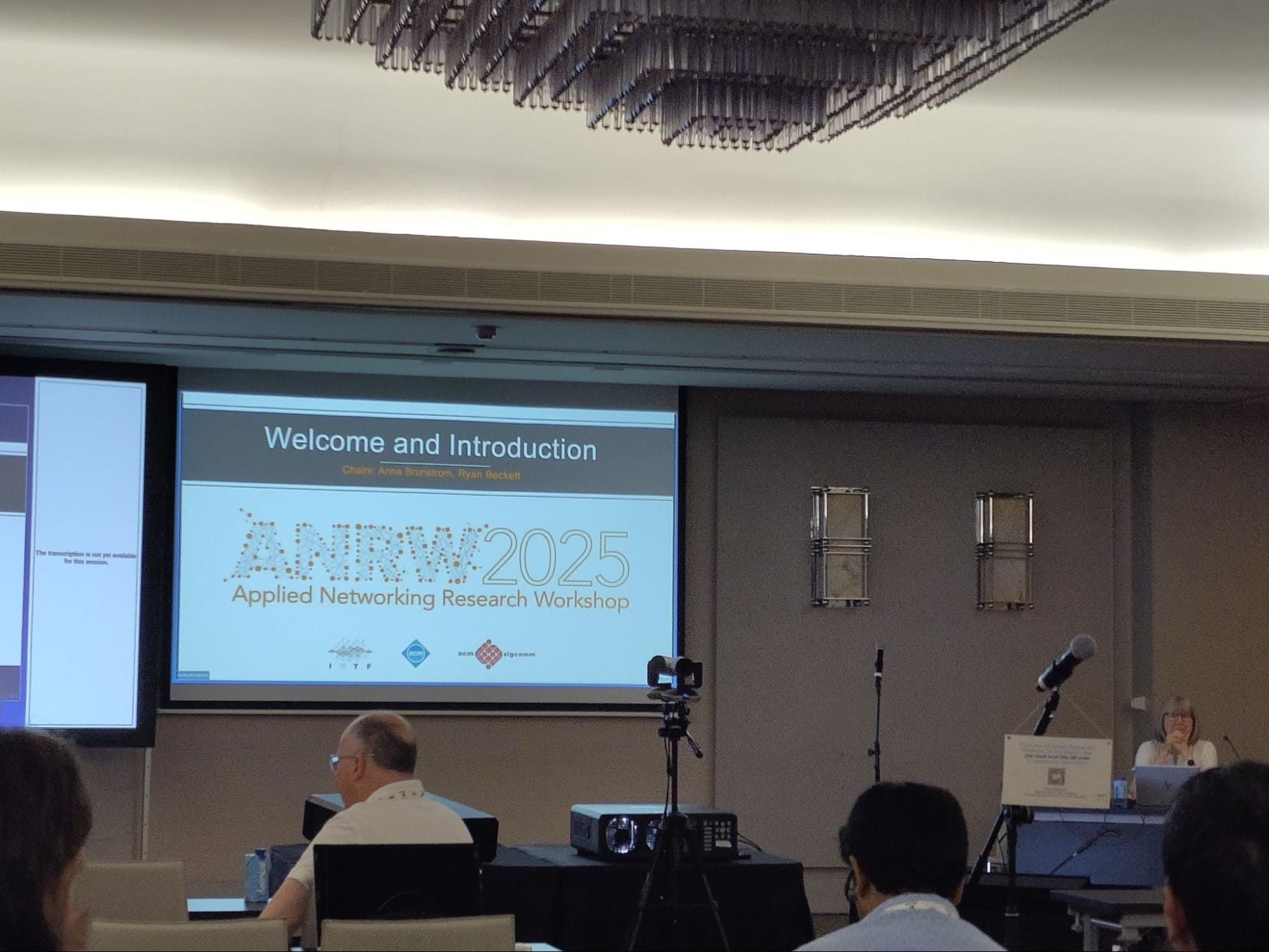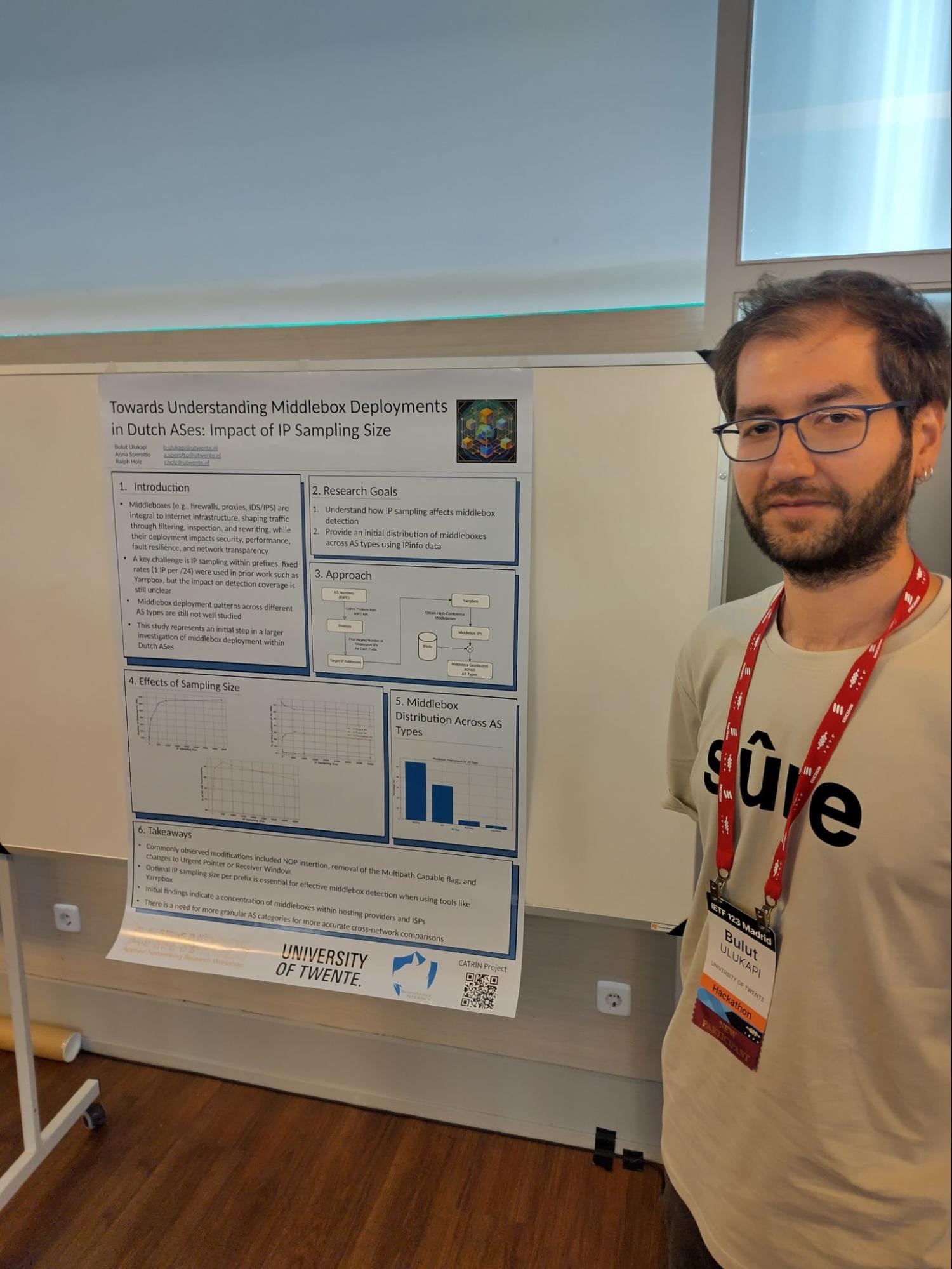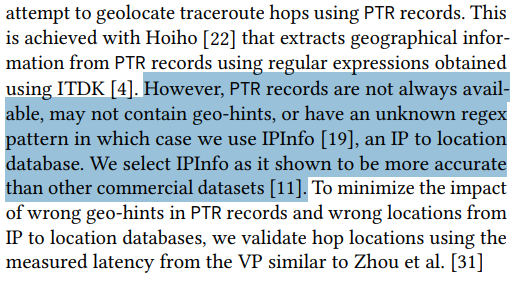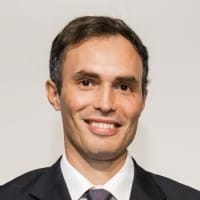From July 20 to 25, I attended the 123rd meeting of the Internet Engineering Task Force (IETF) in Madrid. For those unfamiliar, the IETF is the open, global standards body that shapes the protocols and technologies powering the Internet.
Meetings are held three times a year across North America, Europe, and Asia, and are open to anyone — no formal membership, just a shared interest in building a better Internet. Attendees range from network operators to researchers, technology companies, and government agencies.
Working & Research Group Highlights
I spent most of the week in working group and research group sessions, where drafts are discussed, research is presented, and the occasional spontaneous side conversation sparks new ideas.
IPv6 Operations (v6ops WG)
- Currently there is ongoing work on requirements for customer-edge IPv6 routers — potentially relevant to our future IPv6 measurements.
- There was a presentation about a personal Internet-Draft exploring omitting certain DNS queries in IPv6 VPNs on IPv4-only networks.
IPv6 Maintenance (6man WG)
- There’s a proposal for a new ICMPv6 packet type aimed at middlebox identification — something we could measure once adopted.
Operations & Management Area (opsawg)
- My own Internet-Draft is currently awaiting IESG review before publication. (You can read our earlier blog post about it here).
Measurements for Analysis and Protocols (MAPRG)
- There were multiple Starlink-focused talks, including research by Robert Richer, who uses IPinfo data.
- Nitinder Mohan presented his HotNets’24 Starlink paper, leveraging Cloudflare AIM data.
Applied Networking Research Workshop (ANRW)

Held once a year alongside IETF, ANRW bridges the gap between academic research and network operations.
There was a presentation about carbon-aware routing research incorporating Netflix peering data.

Bulut Ulukapi presented preliminary results from his middlebox study — again using IPinfo data, featured on his poster.
Nicholas Bryan Anya presented his work mapping Africa’s Internet infrastructure (possible collaboration ahead!).

Remi Hendriks (UTwente) presented two anycast detection approaches: iGreedy and traceroutes. He uses IPinfo data because of its superior accuracy.
Strengthening Community Ties
Beyond formal sessions, I had valuable conversations with researchers and operators about:
- Our Academic Research Program
- The new Probe Servers at Universities initiative
- Opportunities for collaboration on Internet measurement projects
Events like IETF are crucial for IPinfo to both observe and contribute. These gatherings shape Internet standards and tackle emerging challenges. By participating, we stay ahead of protocol changes so we can adapt our data accordingly, witness how our IP data is being used, and spot early trends in network behavior and infrastructure that guide future product improvements.
About the author

As head of research at IPinfo, Oliver leads IPinfo’s research team, collaborates with academic institutions, and conducts cutting edge research.
